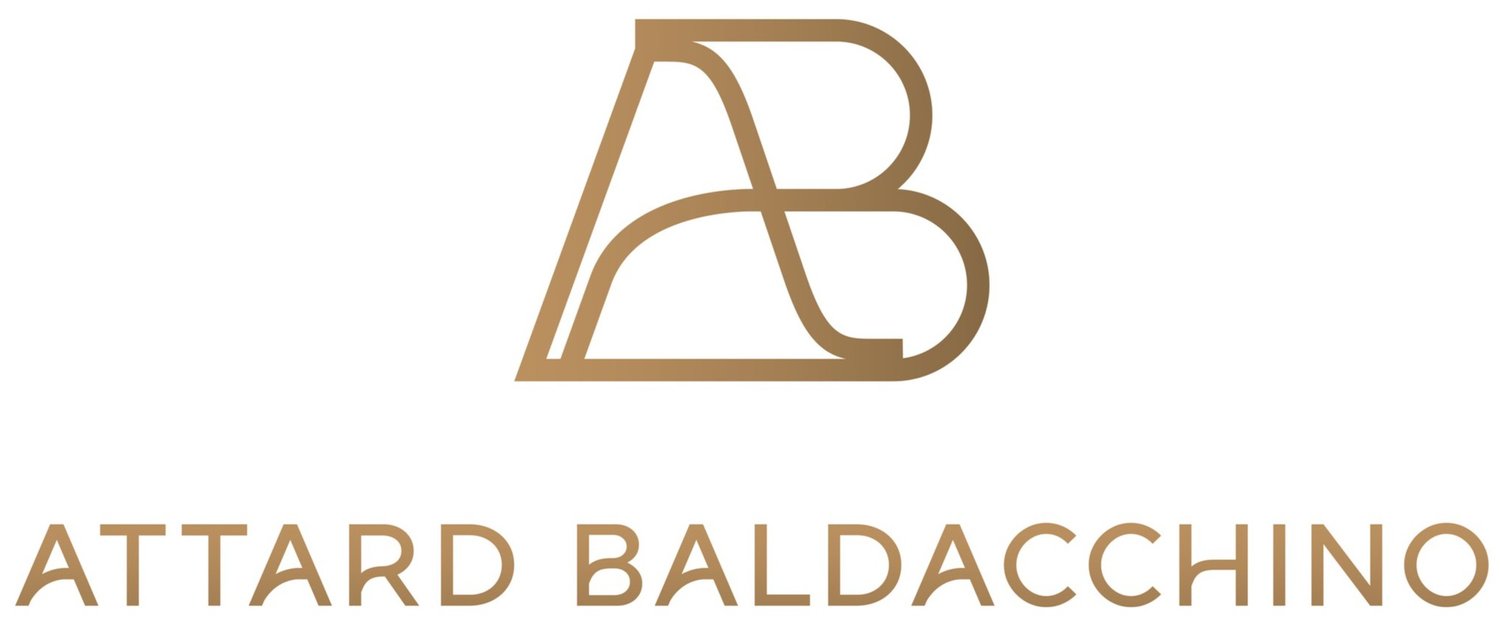Education in Malta: All You need to Know
A wise man once said that "an investment in knowledge pays the best interest" and we couldn't agree more. A good education is the foundation of the greatest civilisations and the tool that makes man a discerning animal.
While steeped in tradition, Malta's educational system provides a qualitative range of options from preschool to tertiary tuition. So, if you're interested in relocating to Malta, we're looking at the educational system on the island and the options that are available to both residents and citizens of Malta.
Academic Roots
The origins of the educational system in Malta can be traced back to the Arab occupation between 870 and 1090. However, it is only with the arrival of various religious orders from the 15th century onwards that the provision of tuition began to take shape. During this time, education was reserved for a very select few and the larger population did not have access to formal education. It is only through British rule that the larger Maltese public gained access to basic educational infrastructure in the late 19th century.
The Maltese Educational Framework
Despite the small size of the island, its educational set-up is very well-developed and Malta's educational system is very highly regarded.
Education is compulsory for children and teens between the ages of 5 and 16 with a large part of it still being based on the British model of tuition. Malta is a bilingual country and all training is essentially provided in English. This makes education very accessible to students with different linguistic background. Moreover, post-compulsory education programmes provided by accredited institutions are all pegged to the EU's European Qualifications Frameworks which means that they are recognized anywhere in Europe and beyond.
There are three main educational providers on the island, that is; the state, church schools and independent schools.
State Schools
Every city and village in Malta is equipped with a stage-managed primary school that provides compulsory education to children between the ages of 5 and 10. Secondary schools that cater for the different geographical locations of the island provide education for children and teens between the ages of 11 and 16. Tuition in government schools is available free of charge (although the costs of uniforms are borne by the parents). However, fees may be applicable to third-country parents who do not work and pay social security contributions in Malta.
A multi-million EU co-funded investment has been made over recent years to upgrade and build schools and educational facilities that cater for contemporary requirements. This is coupled with the fact that a state-funded visual and performing arts school and a national sports school have been established. These secondary schools provide specialised tuition for students with artistic and athletic abilities.
Church Schools
Religious-based education has been an important feature of the island's educational framework for many years. Church schools in Malta predominantly pertain to the Roman Catholic faith and typically cater from early education to secondary levels (5 years to 16 years).
An agreement between the state and church schools caters for teachers' salaries and therefore no tuition fees are charged for attendances in these schools. However, annual donations of circa €500 per student are made. Parents are also required to cover the costs of uniforms, books and activities.
Spaces are usually limited and students are selected through a draw system.
Independent Schools
A number of international and/or independent schools are also established on the island. Similarly to church schools, independent schools provide tuition from infancy to teen years. These schools possess an established reputation, however, feature higher tuition fees. Essentially there are 3 well-known independent schools; San Andrea, San Anton and Chiswick House.
Furthermore, St. Edward's College and the Verdala International School offer the well-known International Baccalaureate (IB) Diploma Programme locally. All tuition is provided in English and the schools are geared to provide tuition to diverse classes. Fees typically range in the thousands and boarding options are available, however, St.Edward's is an all-boys school.
Fees can be viewed here and here.
Further and Tertiary Education
The University of Malta is one of the oldest universities in Europe with a long-established presence. Internationally recognised graduate and post-graduate programmes in a vast range of academic subjects ranging from the humanities to technology. Graduate courses are available free of charge to Maltese citizens while fees are applicable for post-graduate studies. Different fee structures are applicable for EU third-country nationals. More information is available here. Furthermore, a number of foreign universities offer their programmes through private intermediary against varying tuition fees.
A number of further and higher education institutions are also present on the island. The Institute of Tourism Studies and the Malta College of Arts, Science & Technology are state-funded institutions that provide vocational programmes up to a tertiary level. The applicable tuition fees for non-EU citizens can be found here and here.
Overall, with its high-quality infrastructure, strategic location and warm climate, Malta offers an ideal framework for you and your family’s future.
Contact Dr Russell Attard Baldacchino directly to explore the options for your family to relocate to Malta under the Malta Permanent Residence Programme or Malta’s Granting of Citizenship for Exceptional Services Regulations!
Article Social Image Credit: MD Duran
Read in: Русский
This blogpost is being published strictly for informational and educational purposes, and should be correct and accurate at the time of publication. The content of this publication should not be considered as formal legal, immigration, or tax advice.

